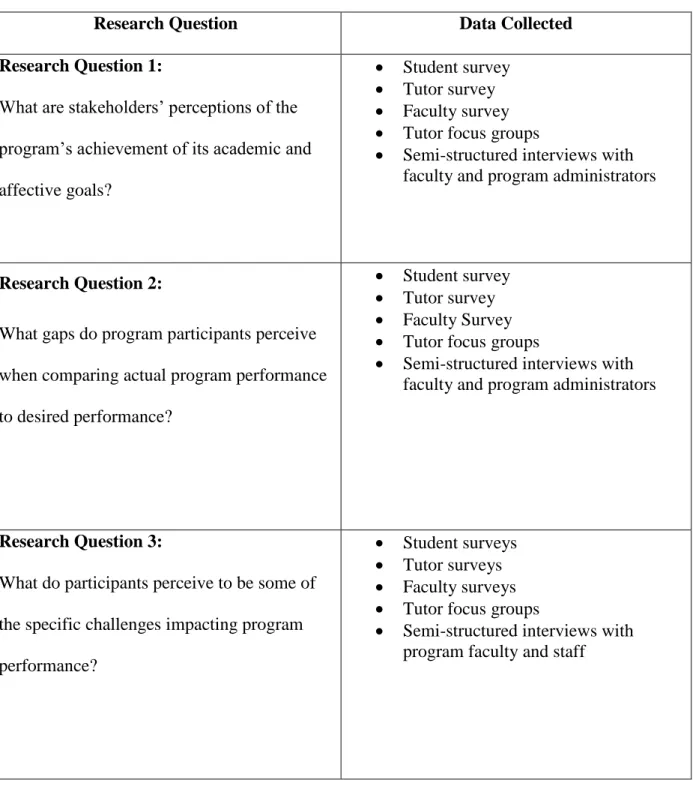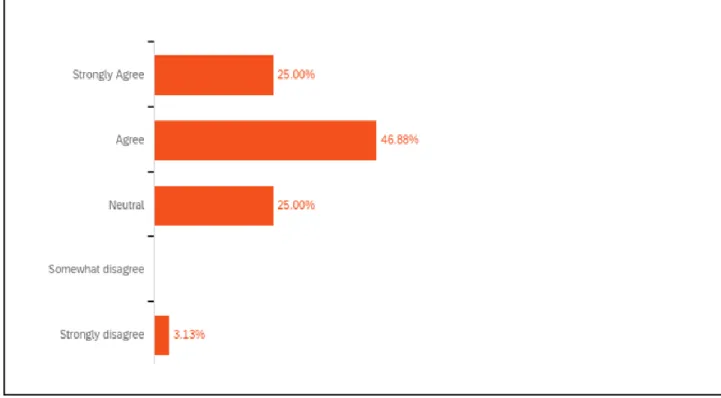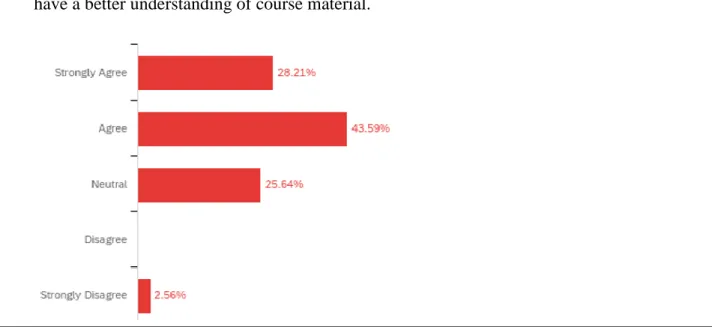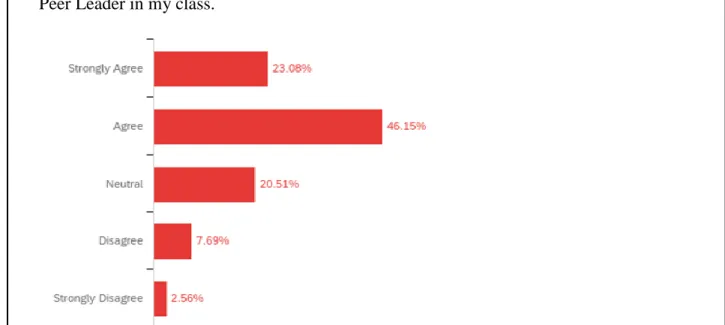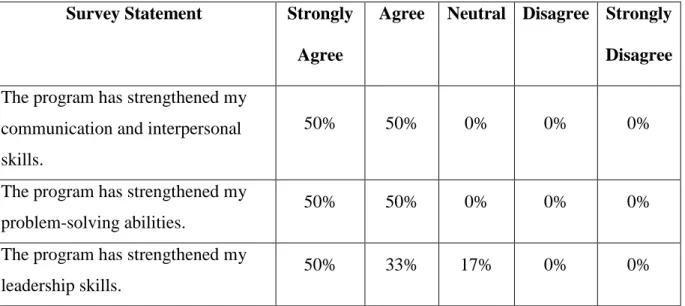I begin these reflections by thanking God for all the many ways He has blessed me throughout my life. To the provost, deans, faculty, and staff of my partner organization, thank you so much for your openness and support in completing this foundational project. Math champions are required to meet with their faculty mentors weekly, which ensures their mastery of the course content and provides an opportunity for faculty to provide mentoring and professional coaching to their assigned math champions.
The college recently expanded the program to create writing champions embedded in select English courses. The provost noted that the college conducted a program evaluation of the Math Champions program during its first year in 2017 and explained that the college was motivated to conduct an evaluation of the Champions program in 2017. At the time of this consultation, as the organization struggled to maintain its services amid the COVID-19 pandemic, the council also had an interest in learning about the ways in which the pandemic had impacted program delivery .
This theoretical framework informed the development of the surveys, focus groups, and semi-structured interviews used in this study, which included. Research Question 1: What are stakeholders' perceptions of the achievement of the program's academic and emotional goals.
Stakeholder Relationships
Attainment
Usage
Development
Tutoring
One of the specific academic supports the college has initiated is a peer tutoring program referred to as the Math Champions program. One of the students (the tutor) assumes the role of providing academic support and guidance to another student who is the recipient (tute) of this assistance (Topping, 1996). The Need or Opportunity Performance Analysis (highlighted in gray in Figure 2) is the first stage of the Performance Improvement/HPT model (Van Tiem et al, 2012) and this cornerstone was focused on at this stage in his evaluation of to the Math Champions program.
The program also seeks to foster the personal and professional growth of Math Champions peer tutors. The Performance Improvement/HPT model capability is causal analysis, and the Math Champions program evaluation design included efforts to determine what program stakeholders believed were the causes of the program's current outcomes. Research question 3 aimed to identify any challenges that might impede the implementation of the Math Champions program.
Program stakeholders often refer to Math Champions as "Peer Leaders," so this terminology is reflected in the wording of the survey questions. I invited all the math majors (N=8) to participate in the focus groups, and I offered two focus group sessions to accommodate their class schedules. 72% of the respondents in the student survey (n=32) strongly agreed or agreed that the mathematics teacher was a role model (see Figure 4).
All of the stakeholder surveys included questions related to the academic impact of participating in the Math Champions program. Faculty survey respondents also had positive views of the academic benefits students gained from their work with Math Champions. The faculty version of the survey had two questions related to the impact that Math Champions had on student academic achievement.
Math Champions expressed positive views about the program's impact on their personal and professional growth. The program coordinator (who is also a faculty mentor), another faculty mentor, and one of the deans agreed that they generally do a good job with the tutoring program in mathematics. In addition to being a common area where Math Champions and faculty could meet, faculty and program leaders believed that the Math Hub supported the program's mission to engage students in the use of tutoring services.
The program coordinator and one of the math champions described feeling constrained by the rules set in the Learning Commons. During semi-structured interviews, faculty mentors spoke about the value of having mathematics champions in the classroom. Overall, educators and program administrators had very positive views of the value that math champions add to the classroom.
Other campus groups they can partner with to benefit the Math Champions program.
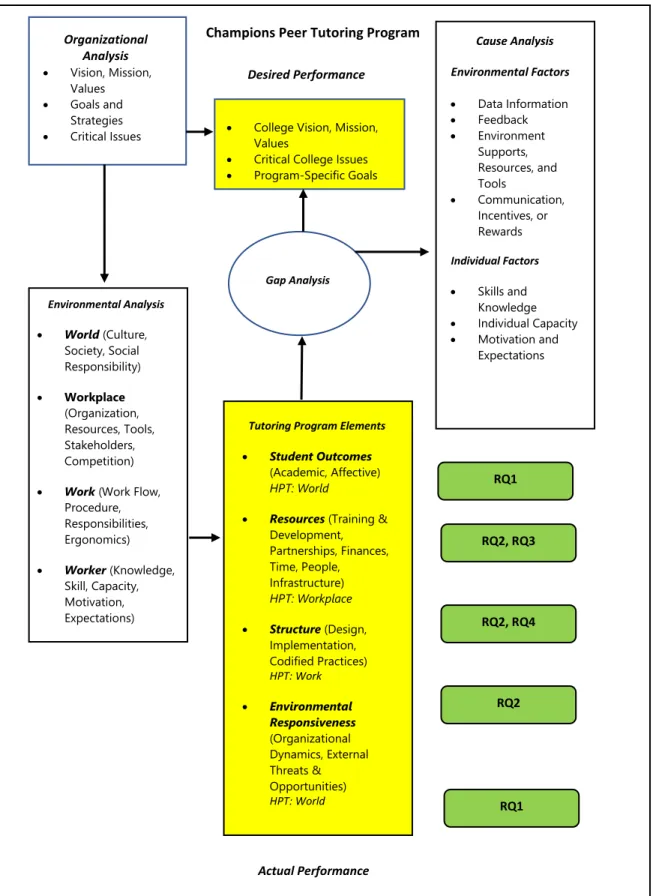
Tracking
Delivery
These assumptions come out in both the program's vision and in the implementation strategies that the program adopts. All of the stakeholder surveys included demographic questions designed to determine which of the math courses participants were taking in the Math Champions program. I also reviewed the college's strategic plan in an effort to understand the goals of the Math Champions program within the larger context of the organization's mission and goals.
One goal of the program is for the Math Champion to serve as a mentor who can model good student behavior for enrolled students. In the Math Champions survey, 83% of respondents (n=6) strongly agreed or agreed that they had a good relationship with students in their assigned classes, 80% of faculty respondents (n =5) strongly agreed or agreed that the math champion had a good relationship with the students enrolled in the class. A key assumption of the theory of action that drives the Math Champions peer tutoring program is that students will participate in tutoring when it is available.
During the focus group, one of the Maths Champions suggested that being more flexible with tutoring offers could be valuable for students.
Professional Development
Partnerships
Tutoring
Fidelity
